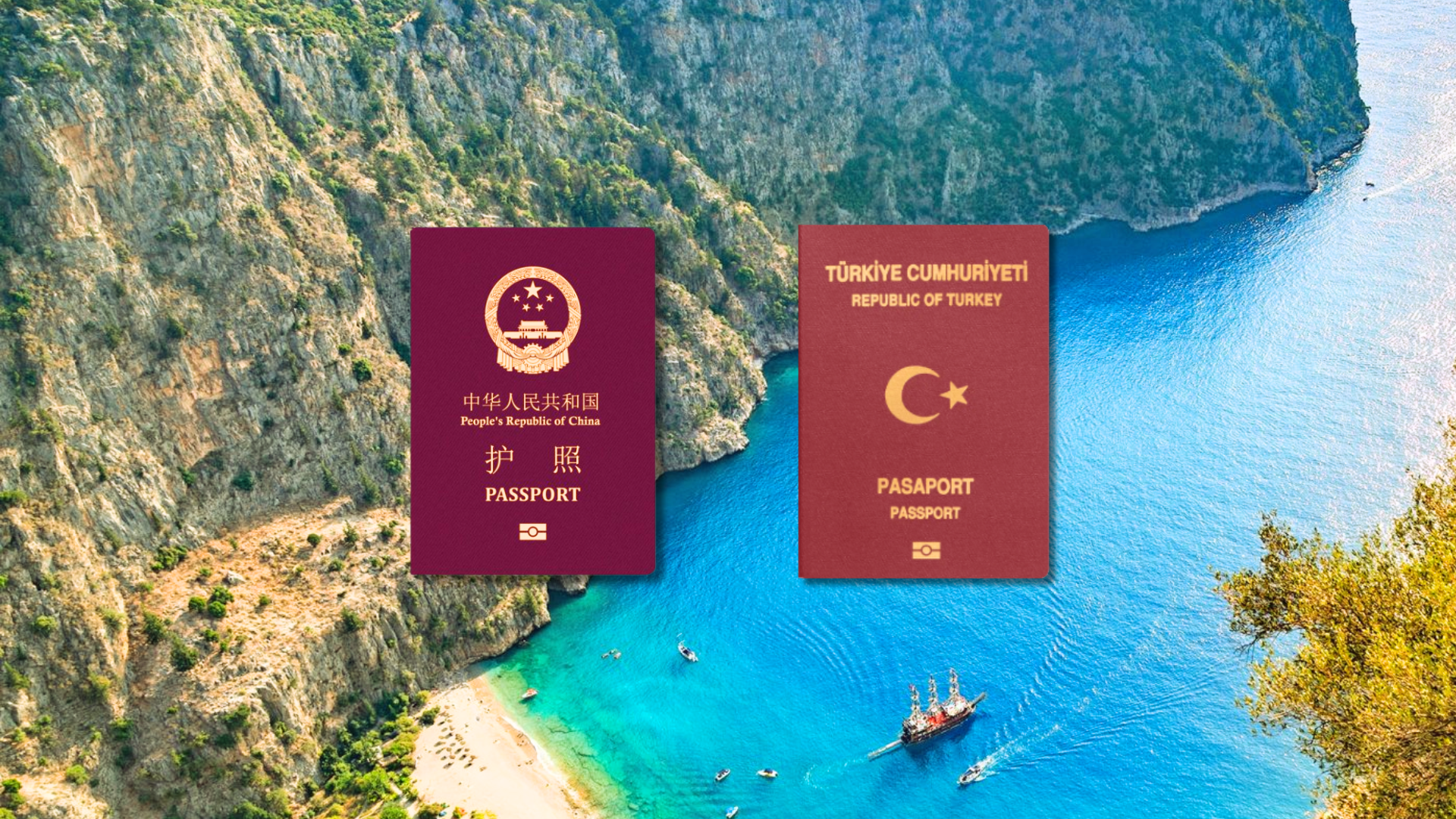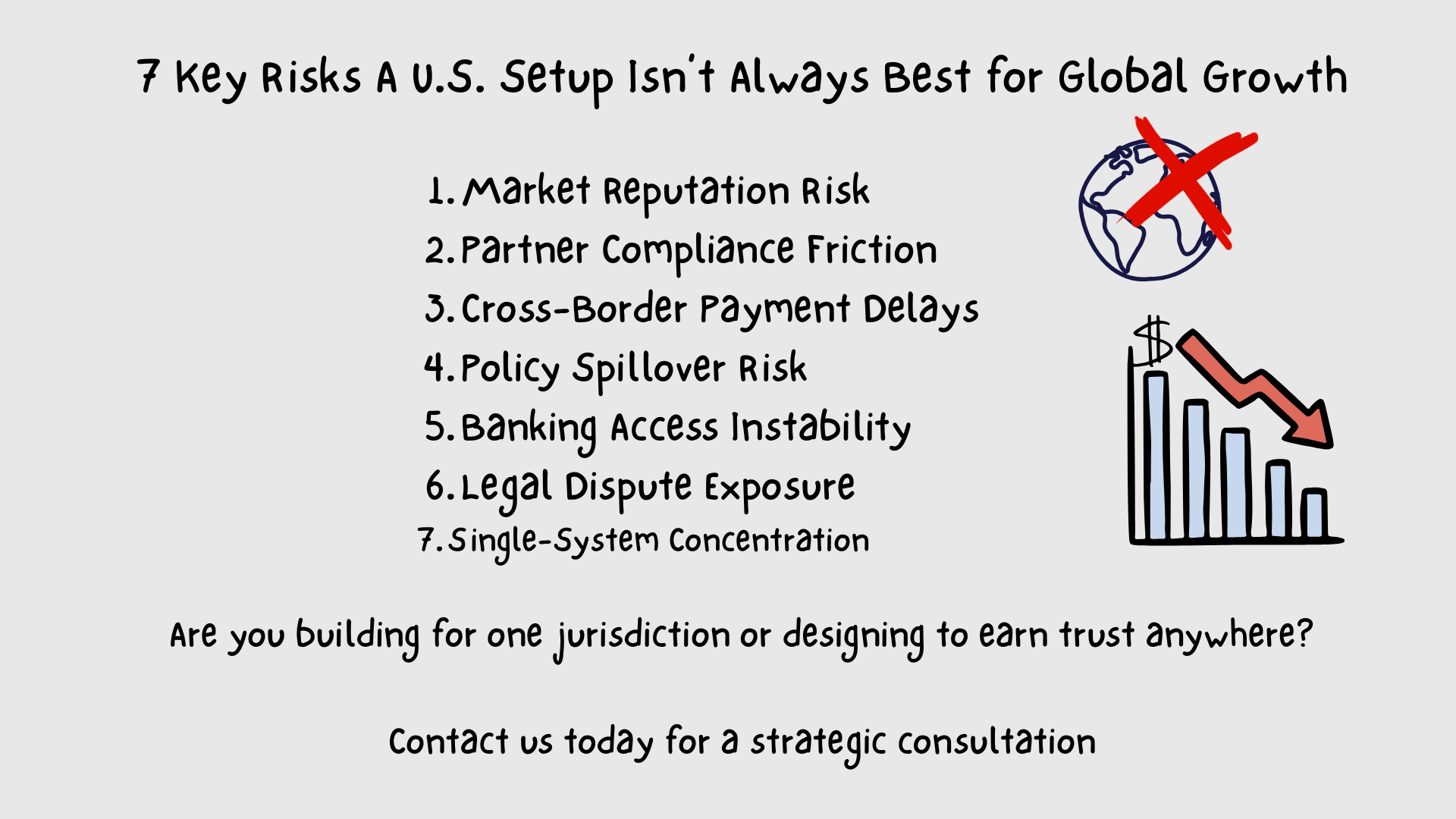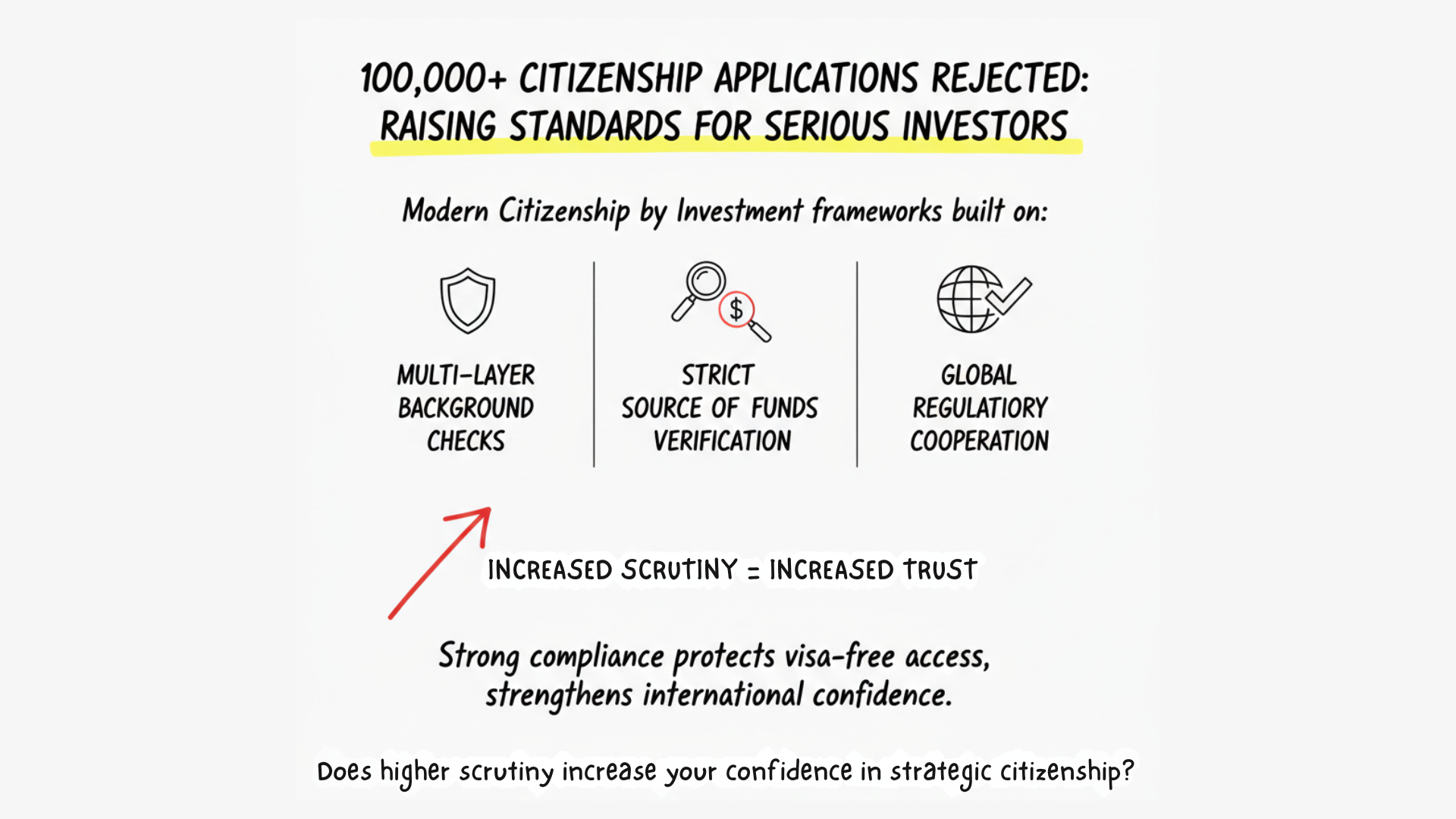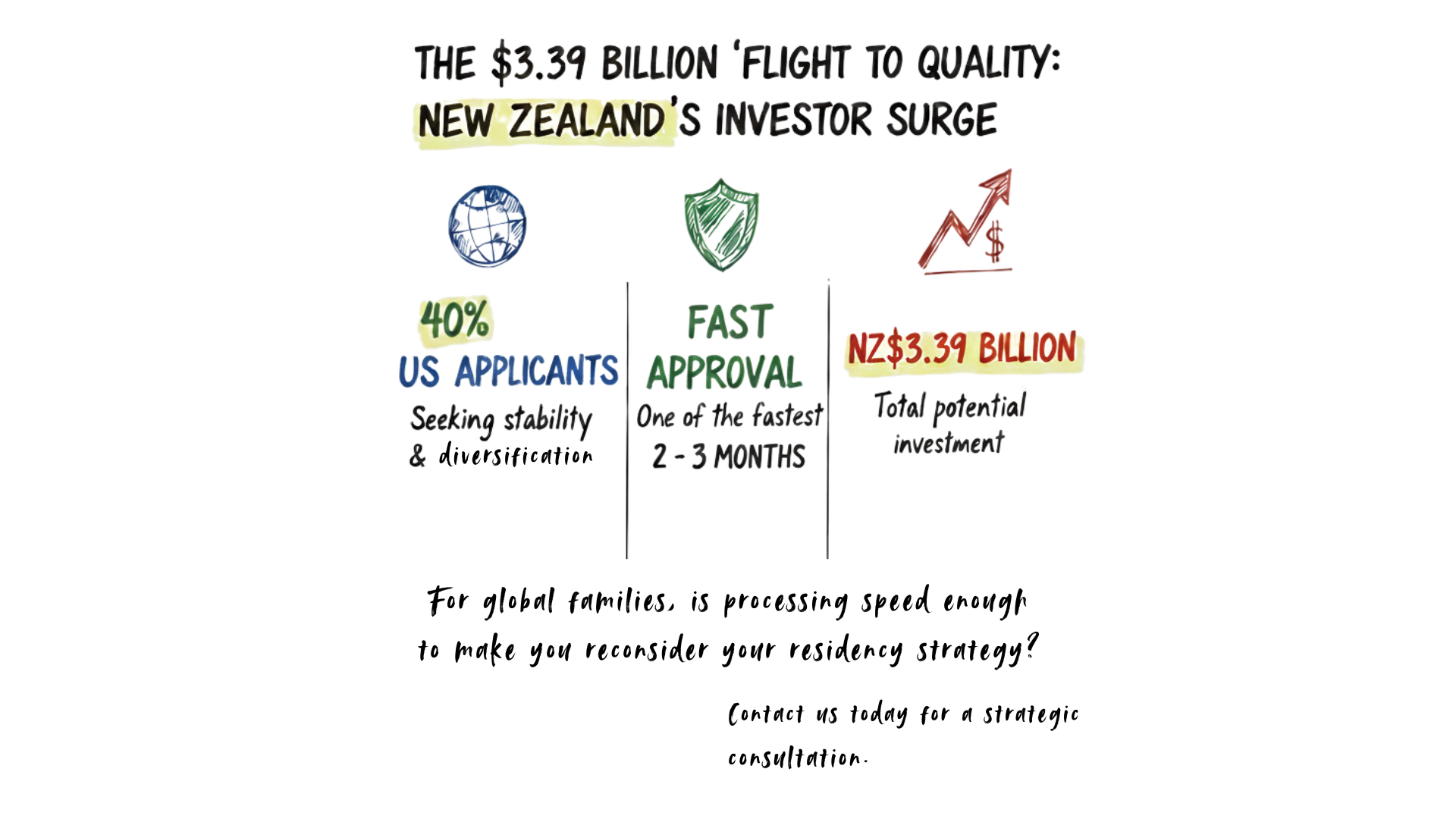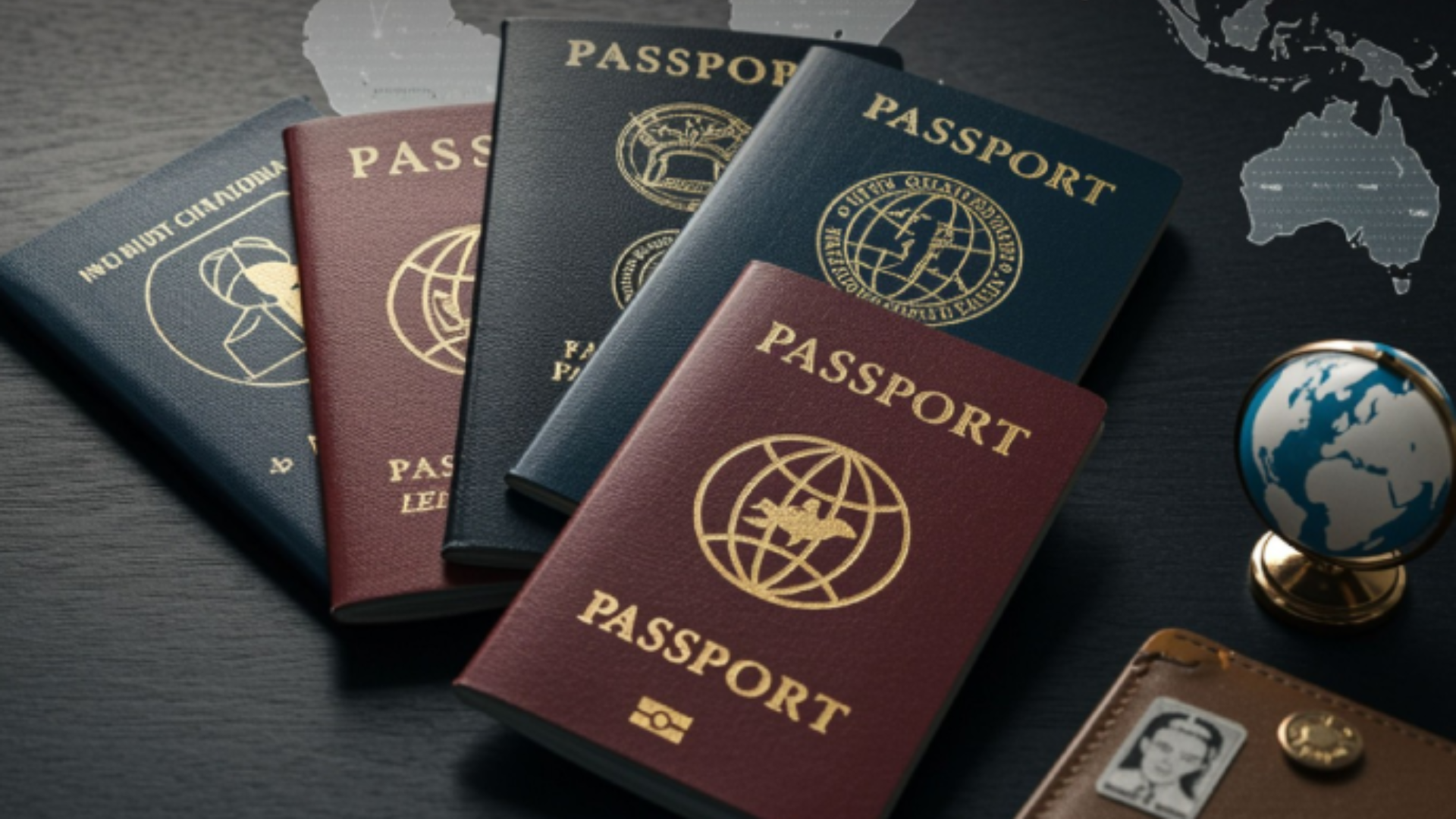Romania and Bulgaria to Join the Schengen Area: What This Means for Travelers

- No Passport Checks for Air and Sea Travelers: Beginning in January 2025, travelers arriving in Romania or Bulgaria by air or sea from other Schengen countries will no longer be subject to passport checks. This applies to flights, cruises, and ferries, streamlining the travel process significantly.
- Land Border Controls Persist (Temporarily): Despite full Schengen membership, the EC will maintain passport checks at land borders between Hungary and Romania and between Romania and Bulgaria for at least six months. This transitional measure is intended to address public policy and security concerns raised by Austria.
- Schengen Rules for Non-EU Travelers: For non-EU citizens, time spent in Romania and Bulgaria will now count toward the Schengen zone’s 90-day limit within a 180-day period. Travelers must be mindful of this restriction to avoid penalties such as fines or entry bans.
- Increased Freedom of Movement: Citizens of Schengen countries can now travel to Romania and Bulgaria without routine border checks. This is expected to enhance convenience for tourists and business travelers.
- Boost to Tourism and Trade: Romania and Bulgaria’s full integration into the Schengen Area is expected to stimulate their tourism sectors. As well as facilitate cross-border trade, further aligning the two nations with the EU’s economic and mobility goals.
- Expanded Schengen Area: The Schengen Area now comprises 29 states, making it easier than ever to explore Europe seamlessly.
Contact us if you are interested in Citizenship by Investment
Our expert advisors will have a 1-on-1 consultation to find the best solutions for you and your family and guide you through the procedure.
Conclusion
Romania and Bulgaria’s entry into the Schengen Area is a landmark moment that underscores the European Union’s commitment to mobility, inclusivity, and shared prosperity. While some border checks remain temporarily in place, the long-term benefits of their inclusion are undeniable. The Schengen zone’s expansion promises to make travel to and within these two countries more convenient than ever.
Share this blog
Frequently Asked Questions
Related Articles
Beijing Is Watching Your Wealth; Turkey Offers a Legal Pathway
In an era of rising financial scrutiny, global investors are taking action. Discover why 89% of Chinese HNWIs are exploring…
$537M U.S. Investment Anchors Eko Atlantic City Lagos by 2028
The $537M U.S. Investment Anchors Eko Atlantic City, Lagos by 2028 signals institutional trust and long-term confidence in Lagos. For…
7 Key Risks A U.S. Setup Isn’t Always Best for
A cross-border business setup can boost global growth by reducing onboarding delays, payment friction, and concentration risk. This guide explains…
Why Citizenship by Investment Due Diligence Matters for Investors
Citizenship by Investment due diligence protects more than an application. It safeguards international credibility, visa free access, and long term…
Wealthy Americans Lead New Zealand Golden Visa Surge
Wealthy Americans are leading the New Zealand Golden Visa surge as investors prioritize stability and diversification. Billions in committed capital…
Second Residency Is Now A Top Three Global Wealth Priority
Second residency has quietly moved into the top tier of priorities for serious wealth holders. This article explains why investors…
UK Exit Tax 20% and the Future of Strategic Wealth
The UK Exit Tax 20% could significantly impact HNWIs, founders, and investors with substantial unrealized gains. This in depth analysis…

